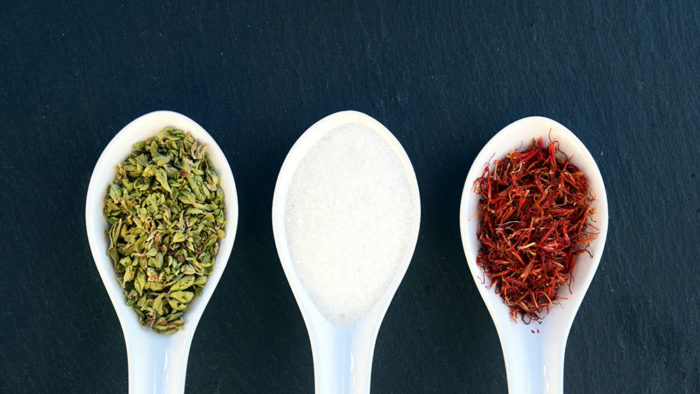February is not only a month filled with love and affection; it is also dedicated to matters of the heart – both emotionally and physically. Recognized as Heart Month, this time of the year serves as a reminder to prioritize our cardiovascular health and make conscious choices that contribute to a stronger, healthier heart.
Our heart, a remarkable organ tirelessly pumping blood throughout our bodies, deserves special attention and care. Adopting heart-healthy habits can significantly reduce the risk of heart disease, the leading cause of death worldwide. So, let’s embark on a journey to understand the importance of heart health and explore ways to nurture this vital organ.
Understanding Heart Health
Heart health encompasses a range of factors, including maintaining a healthy blood pressure, cholesterol levels, and blood sugar. Lifestyle choices play a crucial role in determining the state of our cardiovascular system. Poor diet, lack of physical activity, smoking, and excessive stress are among the major contributors to heart disease.
Nutrition for a Healthy Heart
A heart-healthy diet is rich in fruits, vegetables, whole grains, and lean proteins. These foods provide essential nutrients, fiber, and antioxidants that support cardiovascular health. Limiting the intake of saturated and trans fats, sodium, and added sugars can help maintain optimal cholesterol levels and blood pressure.
The Importance of Physical Activity
Regular exercise is a key component of heart health. Engaging in activities such as brisk walking, jogging, cycling, or swimming can strengthen the heart muscle, improve circulation, and help maintain a healthy weight. Aim for at least 150 minutes of moderate-intensity exercise per week to keep your heart in top condition.
Quit Smoking for a Healthier Heart
Smoking is a major risk factor for heart disease. The harmful chemicals in tobacco can damage blood vessels, decrease oxygen delivery to the heart, and elevate blood pressure. Quitting smoking is one of the most impactful steps towards improving heart health and overall well-being.
Stress Management
Chronic stress can negatively impact heart health by contributing to high blood pressure and inflammation. Adopting stress-management techniques such as meditation, deep breathing exercises, yoga, or spending time in nature can significantly reduce the adverse effects of stress on the cardiovascular system.
Regular Health Check-ups
Regular health check-ups are essential for monitoring and managing heart health. Routine screenings can help identify risk factors early on, allowing for timely interventions. Consult with healthcare professionals to create a personalized plan that addresses your unique cardiovascular needs.
Raising Awareness
Heart Month is not only about personal health but also serves as an opportunity to raise awareness about heart disease prevention. Share information within your community, encouraging others to adopt heart-healthy habits. Simple lifestyle changes can have a profound impact on reducing the prevalence of heart disease.
As we celebrate Heart Month, let’s commit to making choices that prioritize the well-being of our hearts. Embracing a heart-healthy lifestyle involves a combination of nutritious eating, regular physical activity, stress management, and avoiding harmful habits. By taking proactive steps towards heart health, we pave the way for a longer, more fulfilling life filled with love, vitality, and well-deserved joy.




